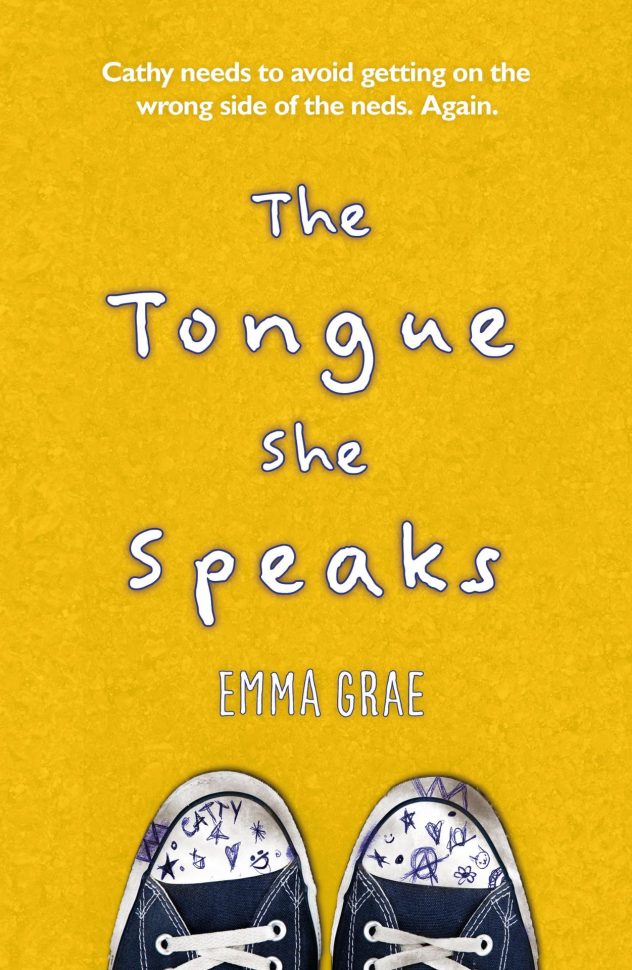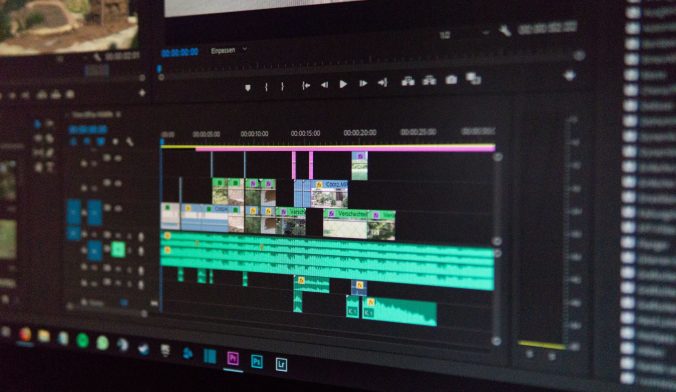We’re incredibly proud of our writing short course alumni and tutors. Here’s the latest on their writing journeys.
Novel Studio Alumni
Following a six-figure pre-emptive bid, Bloomsbury will publish a new fantasy series by Emma Norry, The Fable House, in April 2023. Emma is the author of Amber Undercover for OUP and Son of the Circus, part of Scholastic’s Voices series. Fablehouse draws on her personal experiences as a mixed-race child and teenager growing up in the care system in Cardiff.
Elizabeth Chakrabarty’s debut novel Lessons in Love and other Crimes has been longlisted for the Desmond Elliott Prize and shortlisted for the Polari First Book Prize. She was also shortlisted for the Dinesh Allirajah Prize for Short Fiction 2022, and her story ‘That Last Summer’ was published in The Dinesh Allirajah Prize for Short Fiction 2022: Crime Stories by Comma Press. More recently she was a runner up for the inaugural 2022 CrimeFest bursary for crime fiction authors of colour.
Marissa Henderson has been awarded the prestigious Stuart Hall Foundation CHASE AHRC studentship for BAME Arts and Humanities Researchers for her PHD which will see the completion of her novel, Sugar Water, an exploration of a Caribbean-British family’s individual and collective.
Vasundhara Singh has published her debut novel, Mistress, Mother with Ukiyoto Publishers.

Novel Studio alumna Pauline Walker
During the Pandemic, Pauline Walker set up The Amplify Project with fellow writer Patricia Crumper, a podcast which invites black writers for the stage, page and screen to talk about ‘themselves, their work, what inspires them and why they write.’ You can listen here. Pauline was also recently asked by The Guardian Saturday magazine to write a feature on the new era of Black British theatre.
Peter Forbes’ Narrative Non Fiction alumna Emma Bielecki’s piece ‘Eh-ALL-ing: Finding Poland in London’ (a former City Writes winner) has been published in Elsewhere. This is the third piece from Narrative Non-Fiction alumni to appear in the journal.

Writing for Social Impact tutor Ciaran Thapar’s book, Cut Short
Following rave reviews for his debut non-fiction book, Cut Short – including this from Nikesh Shukla: “An incredibly important look at the plight of Britain’s youth, delivered with clarity, honesty and an open heart” – Ciaran Thapar (now a City tutor, see below) released his book in paperback in June.

Writers’ Workshop alumna Emma Grae’s novel The Tongue She Speaks

Writers’ Workshop alumna Natasha Brown’s debut novel, Assembly
Katy Darby’s Short Story Writing and Writers’ Workshop students have been incredibly successful. Natasha Brown was shortlisted for the Orwell Political Book Fiction Prize 2022 for her debut novel Assembly, early drafts of which were workshopped in Katy’s class. Michael Mann, who published his debut Ghostcloud in 2021, has a story in The Faber Book of Bedtime Stories, due out in October. Ghostcloud will be published in the US this September with Peachtree Publishing. Helga Viegas’ novel The Arctic was “Highly Commended” by the Bridport Prize, one of five books selected from over 2,000 submissions. Emma Grae’s second novel, The Tongue She Speaks, will be published by Luath Press in October. Fiona Keating has been signed by prestigious literary agents Greene and Heaton to represent her debut novel Peking Pear.
Karl King published his debut novel A Spell of Murders in June this year. Roly Grant’s story ‘Dust’ was the Richmond borough winner in Spread the Word’s City of Stories anthology, published in June. Robin Vicary’s novel An Adoration of Beauty (2021) has been selling well. His new novel, How the Light Shines, also a historical thriller/romance, is being published later this month by The Conrad Press. Jonathan Evans published his novel The Revisionist in July this year. He has also written a free novella – Origins – which reached No. 1 in its Amazon categories in the US and UK and is currently No. 2 in Teen & Young Adult Historical Romance eBooks in the UK. Jonathan also published Queen of Mirrors, a book for teenagers about a girl who finds a magical Goblin in her schoolbag, and has relaunched his Epic Fantasy novel The Master of Carn.
Theadora Broyd was longlisted for her story ‘Her Perfect’ in the Liars’ League July competition. Theodora is now enrolled to do a PhD with King’s College London on immigrant identity in Franco-Algerians. Anna Dempsey’s story was commended by the judge in the Bath Short Story Award. Andrew Simmons got an honourable mention in the second round of the nycmidnight 100-word microfiction challenge. And last but not least, Erica Buist has been hired as one of six writers in Stockroom Theatre’s Writers Room. The first play she co-wrote, ‘How a City Can Save the World’, was recently performed in Sheffield and noted as “shockingly brilliant” in this review. Erica is starting the Cambridge Creative Writing MSt in September.
New Courses
Our new interactive Introduction to Branding, held over three consecutive Monday evenings, will explore a full introduction to making your brand a success – from identifying your audience to how to write ‘on-brand’ for press releases, social media and digital marketing. You’ll also learn the basics of how to brief designers to create ‘on-brand’ visual assets and logos. Run by Anna Tsekouras and Pete Austin from Anon Agency this promises to be a turbo-charged Brand Copywriting 101!
We’re delighted to continue to offer our new Writing for Social Impact course, taught by Narrative Non-Fiction alumnus Ciaran Thapar. Aimed at anyone who wants to learn strategic and creative ways of achieving real-world social impact through their writing, the course will explore how to conduct interviews, execute ethical and impactful storytelling, and provide a call-to-action for readers. See below for more details on the scholarship available for this course.
There are plenty of other options for anyone keen on one-day writing courses: our ever-popular Introduction to Copywriting with Maggie Richards is available monthly; while our Writing the Memoir course will be taught by the brilliant Anna Wilson next term, and our Writing for the Web and Digital Media continues to be run by the expert broadcast journalist Holly Powell-Jones.
Tutor News
Novel Writing and Longer Works tutor Martin Ouvry’s article ‘How creative writing courses benefit a writer’ is in the 2023 edition of The Writers’ & Artists’ Yearbook.
Writing for Children tutor Bryony Pearce was shortlisted for a CWA Dagger Award for a short story she wrote for an anthology called Criminal Pursuits. This anthology was written to raise money for the charity POhWER. She also has a book out on submission
Opportunities
Ciaran Thapar has initiated a scholarship for one young student (18-25) from a disadvantaged background to participate on his Writing for Social Impact course. Please contact the short courses team for more information on this opportunity.
All current students of Introduction to Copywriting, Writing for Business and Narrative Non-Fiction courses are eligible to submit an idea for a blog post for short courses. If the idea is accepted, and the written piece meets our standards, it will be professionally edited and published on the blog.
That’s all for now. Keep on writing and keep your stories coming into us. We love to hear what you’ve been up to. And huge congratulations to all our alumni and tutors. We’re so proud of you all!
For more on our writing courses, visit our home page here.
For more on all our short courses, visit our main page here.











Recent Comments